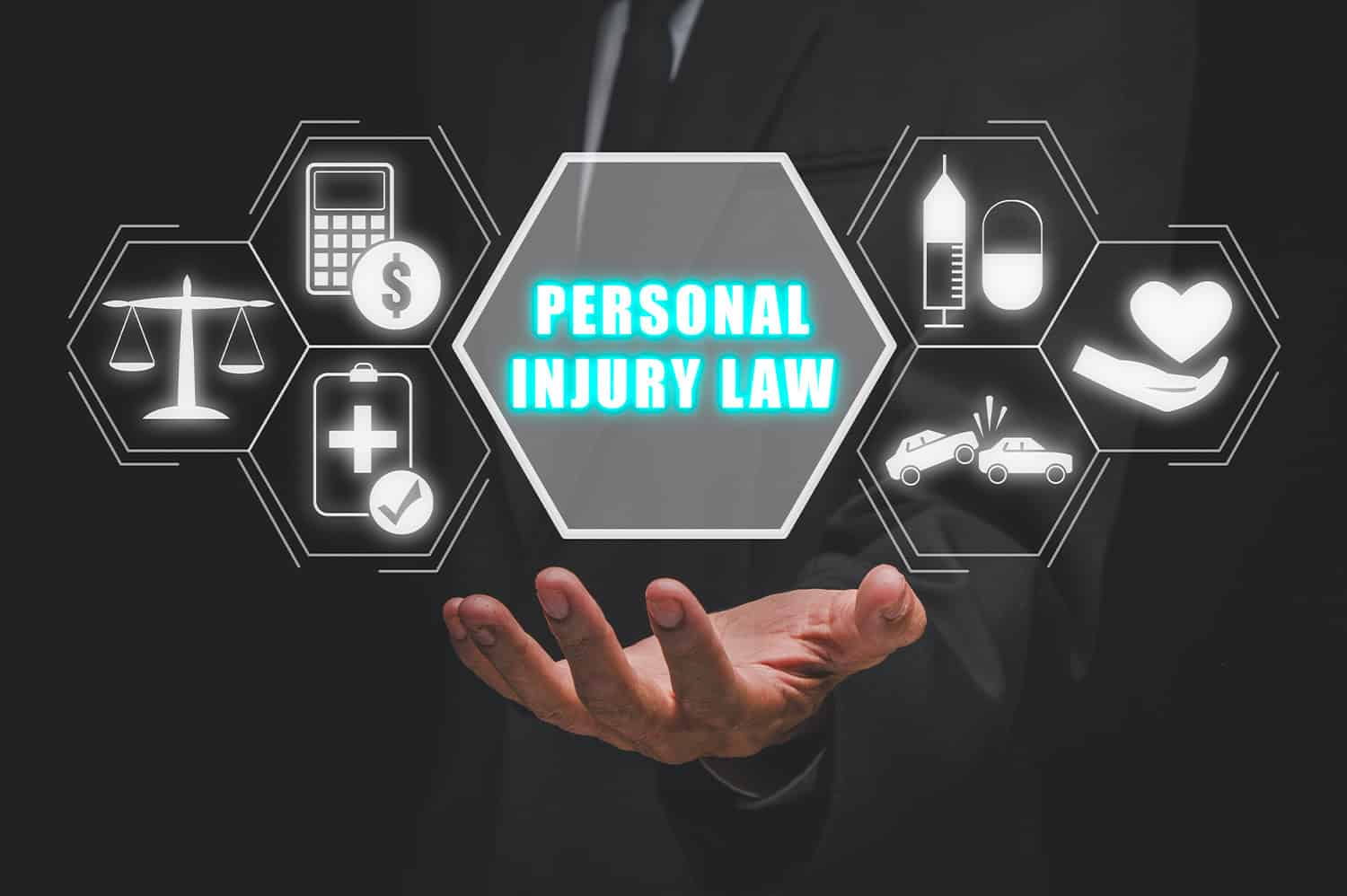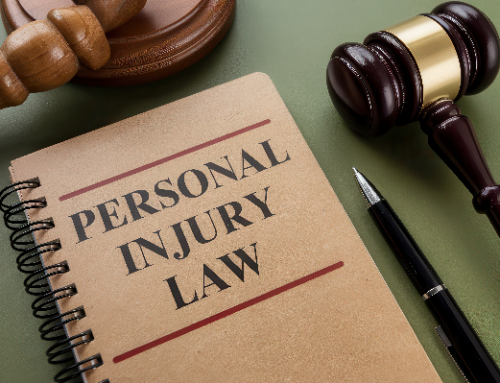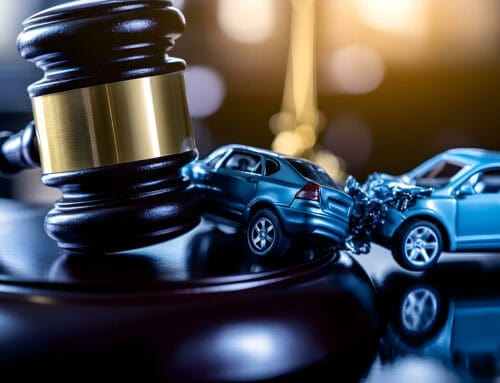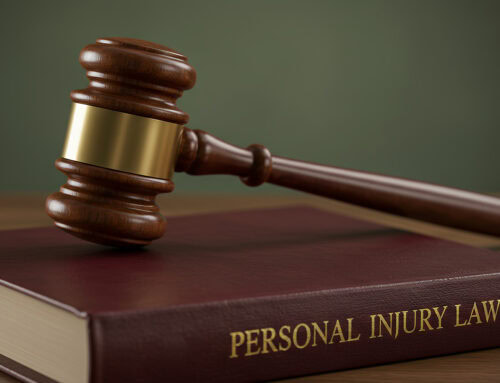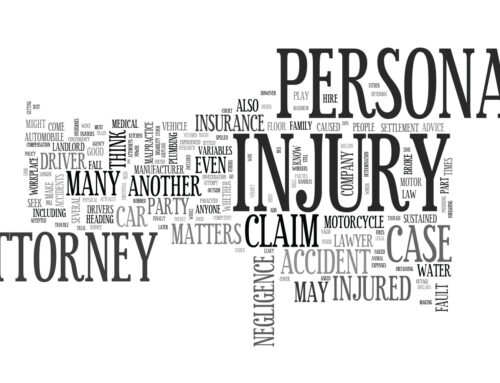What Types of Legal Claims Arise Under Personal Injury Law?
Personal injury law, also known as tort law, encompasses a wide range of legal claims that arise when one person suffers harm due to the negligence or wrongful actions of another. In California, personal injury law is particularly comprehensive, offering victims a robust legal framework to seek compensation for their injuries. Understanding the different types of legal claims that can arise under personal injury law is crucial for anyone who has been injured or is considering legal action.
Common Types of Personal Injury Claims in California
In California, several common types of personal injury claims are frequently pursued. Each of these claims involves specific legal principles and requires a thorough understanding of the law to navigate effectively.
1. Motor Vehicle Accidents
Motor vehicle accidents are one of the most prevalent sources of personal injury claims in California. These accidents can involve cars, motorcycles, trucks, bicycles, and pedestrians. Under California law, drivers are required to exercise reasonable care to avoid causing harm to others on the road. When a driver fails to meet this standard—whether through speeding, distracted driving, or driving under the influence—they can be held liable for any resulting injuries.
Victims of motor vehicle accidents in California can pursue compensation for medical expenses, lost wages, pain and suffering, and other damages. California follows a comparative negligence rule, meaning that even if the injured party is partially at fault, they can still recover damages, though the amount may be reduced by their percentage of fault.
2. Slip and Fall Accidents
Slip and fall accidents fall under the broader category of premises liability claims. Property owners in California have a legal obligation to maintain their premises in a reasonably safe condition. When they fail to do so—by neglecting to repair hazards like wet floors, uneven surfaces, or poorly lit areas—they can be held liable for any injuries that occur as a result.
To successfully bring a slip and fall claim in California, the injured party must prove that the property owner knew or should have known about the hazardous condition and failed to address it in a timely manner. Compensation in these cases can cover medical bills, rehabilitation costs, and other related expenses.
3. Product Liability
Product liability claims arise when a defective or dangerous product causes injury to a consumer. In California, these claims can be based on defects in design, manufacturing, or failure to provide adequate warnings or instructions. Under California law, strict liability applies to product liability cases, meaning that the injured party does not need to prove that the manufacturer was negligent—only that the product was defective and caused harm.
Compensation in product liability cases can include medical expenses, lost income, and damages for pain and suffering. These claims can be brought against manufacturers, distributors, retailers, and any other parties involved in the product’s supply chain.
4. Workplace Accidents
Workplace accidents are another common source of personal injury claims in California. While workers’ compensation usually provides benefits for on-the-job injuries, there are situations where an injured worker may pursue a personal injury claim outside of the workers’ compensation system. This typically occurs in cases where a third party, other than the employer, is responsible for the injury.
For example, if a worker is injured due to faulty equipment, they may have a claim against the equipment manufacturer in addition to their workers’ compensation claim. These types of claims can provide additional compensation beyond what is available through workers’ compensation, including damages for pain and suffering.
5. Wrongful Death
Wrongful death claims arise when a person’s death is caused by the negligence or wrongful actions of another. In California, certain family members, such as the deceased’s spouse, children, or parents, can file a wrongful death lawsuit to seek compensation for their loss.
These claims can cover a range of damages, including funeral expenses, loss of financial support, and loss of companionship. Wrongful death claims are subject to specific statutes of limitations in California, making it essential to act promptly to preserve the right to seek compensation.
6. Dog Bites
Dog bites are a common personal injury claim in California, where strict liability laws make dog owners responsible for injuries caused by their pets. According to California Civil Code Section 3342, a dog owner is liable if their dog bites someone, regardless of the dog’s history or the owner’s knowledge of aggressive behavior. This rule applies if the bite occurs in a public place or when the victim is lawfully on private property.
Victims of dog bites can seek compensation for medical expenses, lost wages, and pain and suffering. Even if the injured party is partly at fault, California’s comparative negligence rule allows them to recover damages, though the amount may be reduced. Dog bite cases must be filed within two years, so prompt legal action is crucial to preserve your rights.
Conclusion
Personal injury law in California is designed to protect individuals who have been harmed due to the negligence or wrongful actions of others. Whether you’ve been injured in a car accident, a slip and fall, or due to a defective product, understanding the types of claims that can arise under personal injury law is crucial to protecting your rights.
If you or a loved one has suffered an injury, the Law Offices of Brent D. George can provide the experienced legal guidance you need. Our dedicated team is here to help you navigate the complexities of California personal injury law and pursue the compensation you deserve. Contact us today for a free consultation to discuss your case and explore your legal options.
Disclaimer: This article is intended for informational purposes only and does not constitute legal advice. For personalized assistance, please contact our office at (805)494-8400.

